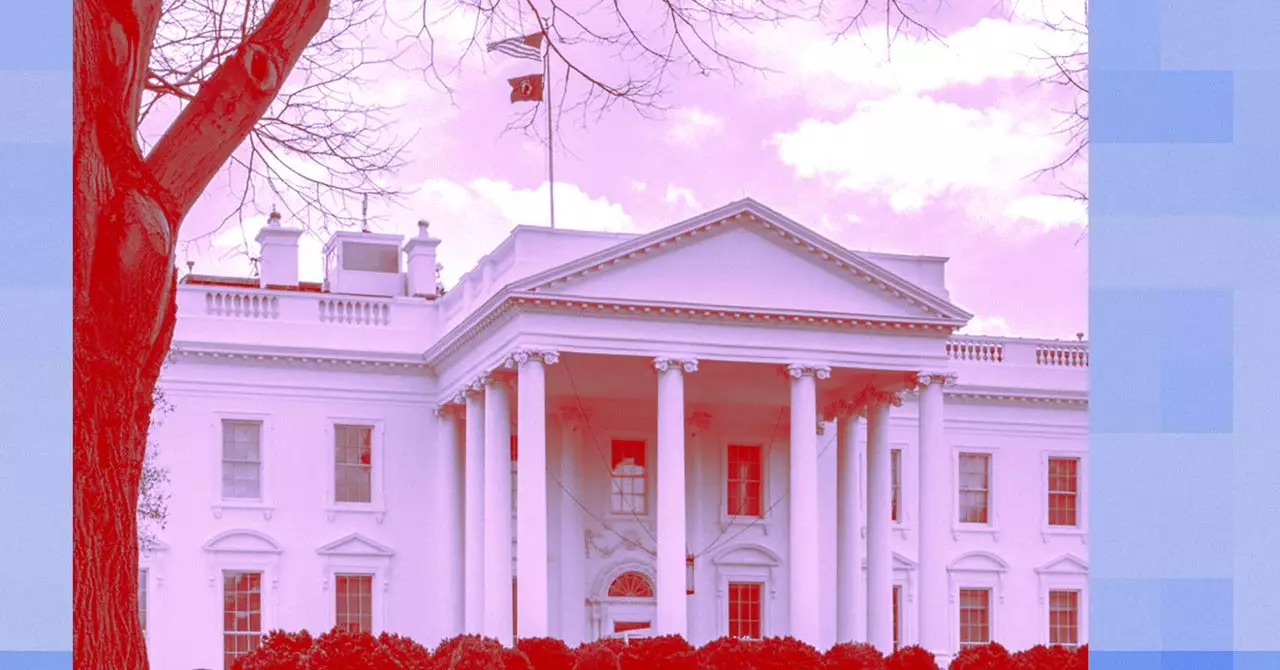On May 16, 2023, Sam Altman, the driving force behind OpenAI, found himself in the hot seat before a Senate Judiciary subcommittee. This gathering, dubbed “Oversight of AI,” was designed to scrutinize the rapid ascent of artificial intelligence technology and its implications for society. Altman took center stage, presenting a compelling vision of AI’s potential—deeming it a “printing press moment” that could either empower or endanger humanity. With a cautious optimism, he argued for proactive governmental regulation to control the burgeoning risks associated with more advanced AI models. His perspective resonated with senators who seemed eager to ride the wave of AI promise while laying down a framework for responsible development. The underlying message from Altman was clear: “Regulate us, but do it wisely.”
However, the legislative landscape evolved significantly over the course of two years, marked by a shift from a protective posture to a focus on invigorating the AI sector. When Altman returned on May 8, 2024, the hearing had undergone a substantial transformation, rebranded as “Winning the AI Race.” The senators’ priorities shifted from ethical oversight to unbridled innovation, echoing sentiments about fueling American competitiveness in a global context where AI is a centerpiece.
The Deterioration of Oversight in Favor of Innovation
What triggered this abrupt change? The initial panic following the release of ChatGPT seemed to dissipate, prompting a questioning of the need for stringent regulations. Yet, more critically, the political landscape altered drastically when Donald Trump returned to the White House. With this shift came a chilling aversion to the previous administration’s nuanced, regulatory ambivalence. Trump and his allies championed a more laissez-faire approach to AI, with environments that promote rapid technological development over bureaucratic caution.
In an international forum, Vice President J.D. Vance boldly declared that unnecessary regulations could very well suffocate an industry on the brink of transformative breakthroughs. The sentiment expressed was not just a shrug at oversight but a rallying call for unimpeded growth. This aligns with a broader ideological framework where AI development is no longer subject to moral contemplation but instead framed as an urgent race against global competitors, particularly China.
The Clash of Ideals: U.S. vs. E.U. and Global Concurrence
As the U.S. embraces this unregulated frontier, a stark dichotomy emerges with the European Union. The E.U. has adopted a proactive regulatory model emphasizing transparency and accountability. These measures have received scorn from U.S. lawmakers and industry leaders alike, seen as unnecessary impediments to innovation. The fear is palpable—the idea that European regulations could slow down American advancements in the global AI race is unacceptable for many stakeholders invested in maintaining a technological edge.
Moreover, the looming silhouette of China casts a foreboding shadow over U.S. policy-making. As rumors swirl concerning the potential of the People’s Republic to outpace America in AI technology, the narrative pivots to an urgency where safety, ethics, and public interest take a backseat to competitive edge. Altman and others argue that, to fend off the perceived threat from China, the U.S. must adopt a “light touch” regulatory approach, prioritizing speed and efficiency over thoughtful deliberation.
The Ethical Quagmire: Safety vs. Progress
Tensions exhibit stark implications. The tides of policy shift amid the cries of those who warn against the unchecked advancement of AI. Figures like former Google CEO Eric Schmidt have expressed alarm about the potential for a “hard takeoff”—a scenario where AI develops abilities far beyond human control, leading to unforeseen consequences. Such warnings signify an ethical quagmire falling into obscurity as policymakers concentrate on aggressive growth strategies over the safety net typically expected in transformative industries.
This fundamental pivot encompasses more than just AI; it gestures toward a broader moral question for modern society. Are we, in our haste to innovate and compete, sacrificing essential safeguards that could prevent harm down the road?
While Safety and Morality may seem sidelined in the race for innovation and dominance, a critical evaluation prompts us to reconsider whether the speed of progress is worth jeopardizing the frameworks that protect our society from potential fallout—whether from AI or any technological upheaval. While enthusiasm for growth is contagious, it must be balanced by wisdom acquired through reflection, debate, and responsible oversight. The question remains: is America prepared to navigate these treacherous waters without drowning in its ambitions? As the national dialogue evolves, both advocates and skeptics of AI will need to find common ground if we are to avoid falling into the pitfalls of reckless innovation.

